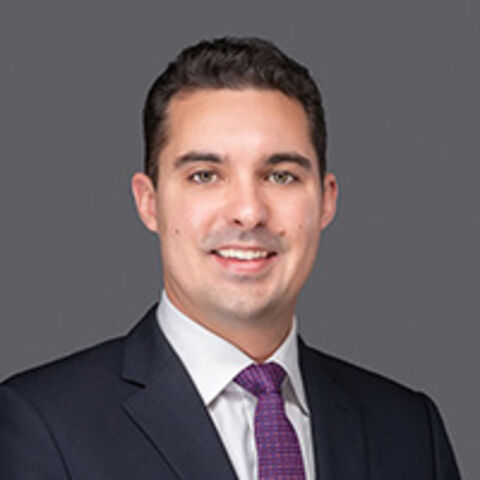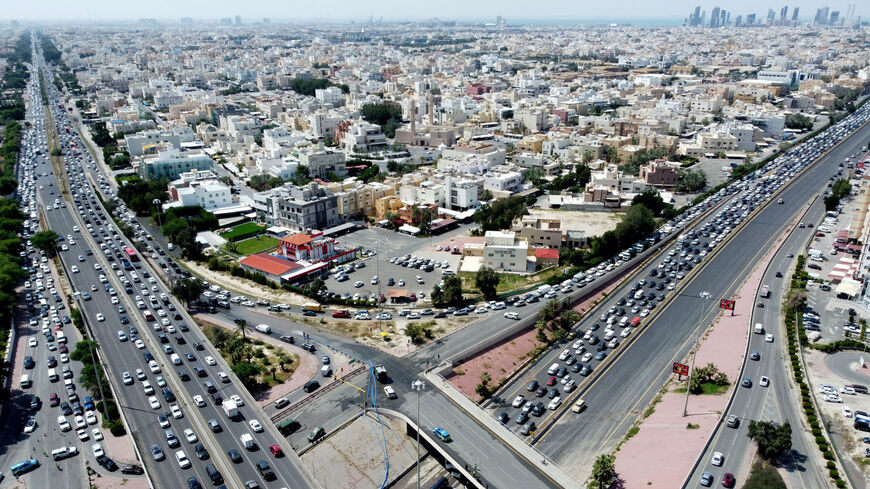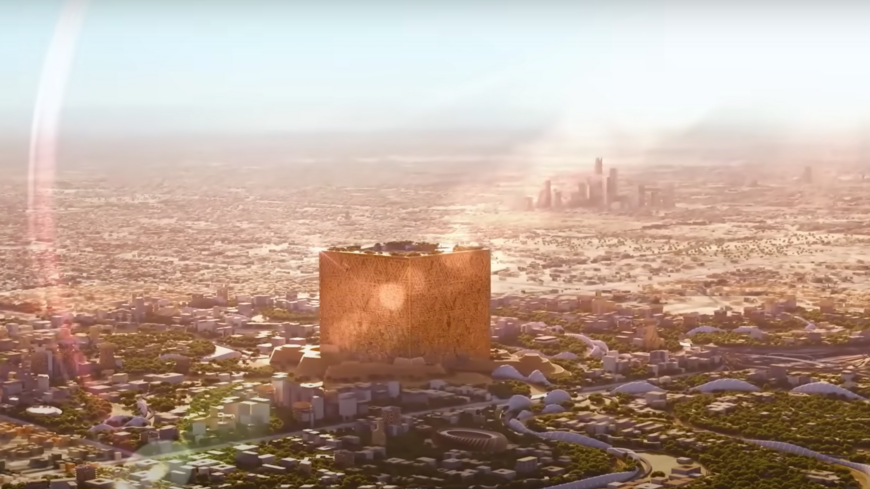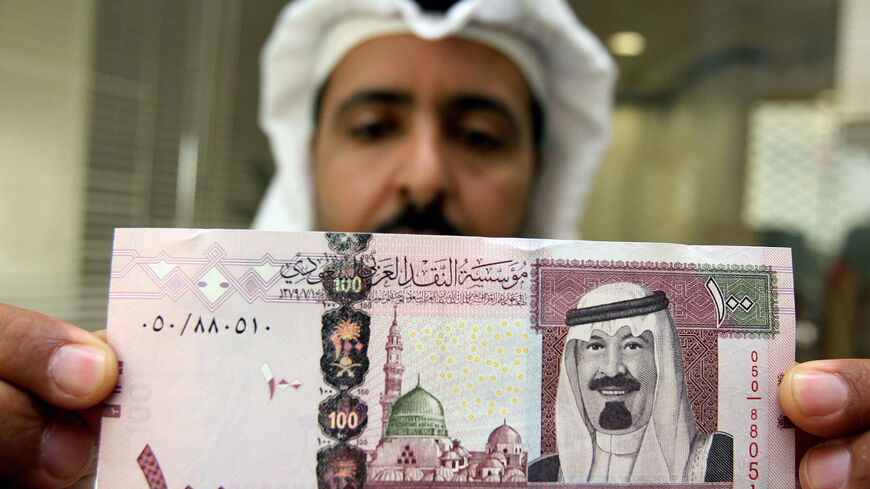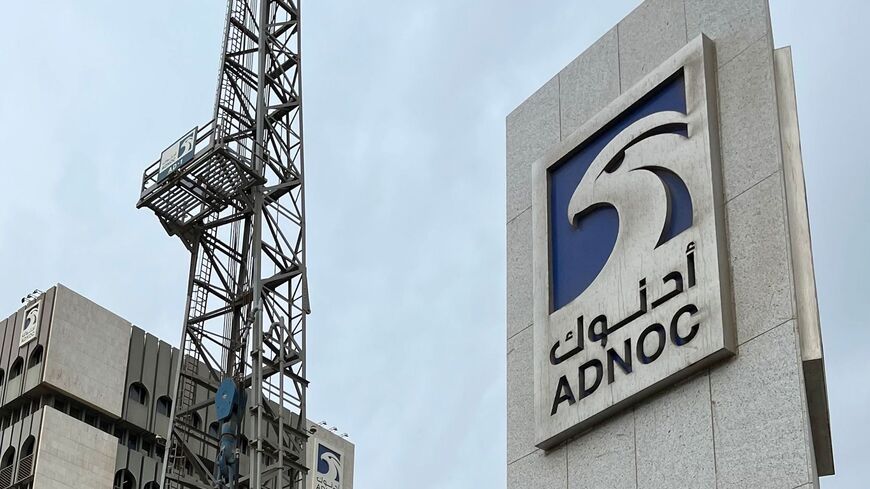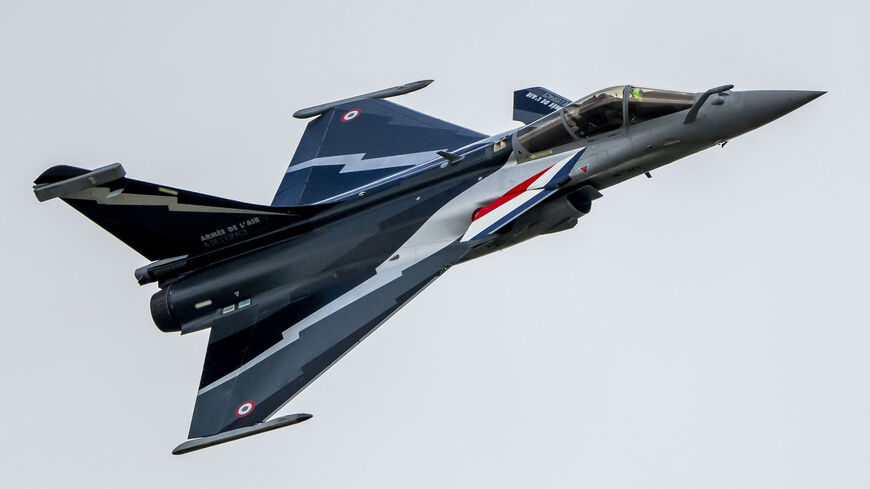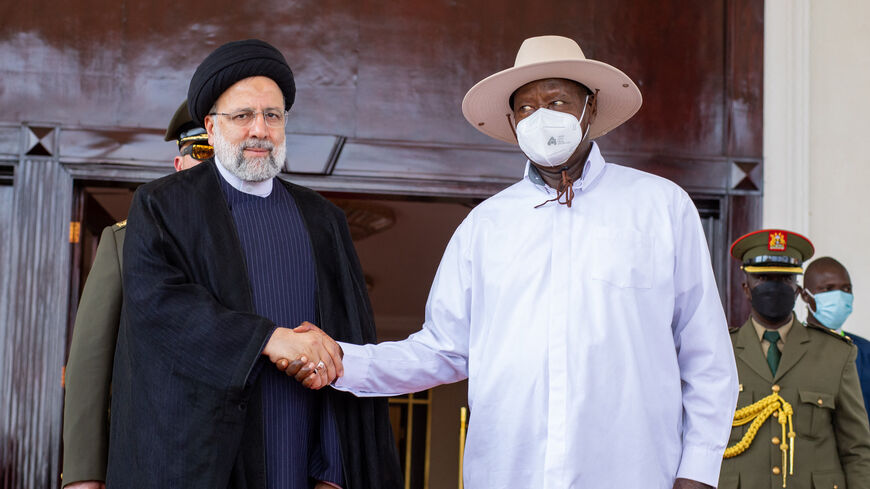NEOM’s ambitious concept-to-project transition presents funding, feasibility challenges
Al-Monitor Pro Members
Dr. Robert Mogielnicki
Senior Resident Scholar, Arab Gulf States Institute in Washington, DC
Sept. 20, 2022
The ever-more ambitious concepts behind NEOM’s development have garnered global curiosity and substantial media buzz. Yet NEOM project officials must contend with serious funding and feasibility challenges. Dedicated financial resources from the state can help planners overcome some challenges, enabling various aspects of the megaproject to move ahead. The most futuristic and experimental elements of NEOM are likely to be scaled back or abandoned in place of new plans. NEOM is therefore unlikely to be a spectacular failure or a stunning success. A steady stream of new announcements will obscure slow progress on the ground and reprioritization of the megaproject’s components. Data below.
- NEOM represents just one of 24 key projects featured on the Saudi Vision 2030 website.
- Early conceptualization of NEOM, when it was announced in 2017, focused on incorporating Egyptian and Jordanian territory into a massive special economic zone.
- The latest plans for the NEOM megaproject consist of three regions: TROJENA (a mountain tourism destination), OXAGON (a floating industrial city) and THE LINE (a linear urban development with mirrored, parallel skyscrapers). There are 14 sectors earmarked as priorities, and a heavy technological dimension permeates these plans.
- THE LINE will reportedly materialize as 200-meter-wide and 170-kilometer-long parallel mirrored skyscrapers running on 100% renewable energy and spanning from the Red Sea to the desert.
- The project has been criticized for relying on dystopian ideas from sci-fi novels and films. Despite an army of consultants and well-paid foreign staff members, there appears to be minimal concrete progress on the ground.
- Saudi Crown Prince Mohammed bin Salman expects 9 million people to live in NEOM by 2045.
- Early reports put NEOM's estimated costs at approximately $500 billion, though new estimates suggest that project costs may reach $1 trillion over a 50-year phased development.
- MBS announced the creation of an $80 billion fund to support NEOM.
- MBS also plans to finance NEOM through an initial public offering in 2024, attracting investments from regional sovereign wealth funds and interest from private-sector firms and investors.
- Saudi Arabia established a new investment body, the Saudi Investment Promotion Authority, to help boost investment to 30% of the country's gross domestic product.
- Saudi Arabia posted a $15.3 billion budget surplus in the first quarter of 2022 and a $20.8 billion budget surplus in the second quarter.
Scenario 1: NEOM is a stunning success, proving skeptics wrong. Project officials meet their development deadlines and manage to redefine mountain tourism, industrial processes and the urban living experience. Global investors and other Gulf sovereign wealth funds are early and major investors in NEOM. Saudi Arabia is rewarded with massive and continuous influxes of tourists, firms willing to establish headquarters in the country and long-term expatriate residents over the next 50 years.
-
This scenario is unlikely to occur because so many dimensions of NEOM are experimental, cutting-edge or transformative. According to its website, NEOM is “an attempt to do something that’s never been done before.” While great for PR efforts, the untested nature of various NEOM components will make project implementation incredibly challenging. Global demand for redefined mountain and Red Sea tourism, a floating industrial city and linear urban development remains uncertain. Regional sovereign wealth funds with spare investment capital — namely those in the UAE, Kuwait and Qatar — may offer small, symbolic investments but are unlikely to dedicate huge sums in support of Saudi Arabia’s domestic development. Foreign investment into Saudi Arabia has been slowly creeping upward in recent years after a steep and steady decline following the 2008-09 global financial crisis. Foreign investors tend to focus on areas wherein Saudi Arabia possesses a competitive advantage, such as in the energy sector, or where this is clear demand and growth potential, such as cinemas and other entertainment-related projects.
Scenario 2: The NEOM experiment fails spectacularly or quickly becomes an enormous white elephant. MBS and NEOM planners are not able to secure the necessary funding for key phases of development. Foreign firms, expatriate businesspeople and Saudis avoid NEOM because there are no viable commercial opportunities or entertainment-related activities. Reputational issues associated with MBS and Saudi Arabia weigh heavily on efforts to attract foreign investment in NEOM.
-
This scenario is unlikely to occur because MBS has invested a substantial degree of political capital in the success of this initiative. NEOM is fully owned by the Public Investment Fund, the country’s influential sovereign wealth fund with $620 billion in assets under management. Energy prices are staying higher for longer, filling Saudi government coffers with financial resources that can be directed toward the megaproject. NEOM already boasts the likes of McLaren and AFC as partners, and additional partners are likely to see commercial opportunities in NEOM. The Saudi government has the means to strongly encourage (or even pressure) local firms to support NEOM’s progress. US President Joe Biden’s visit to Saudi Arabia in July and subsequent visits by MBS to Greece and France have started to lower the reputational and commercial risks of association with the Saudi crown prince.
NEOM is poised to become another state-supported development initiative that generates lucrative commercial opportunities for consultants, architects, developers and other suppliers. However, NEOM’s ability to attract foreign direct investments and create positive spillover effects, such as local employment and skills transfer, is highly uncertain. Some plans for NEOM — realistic tourism (i.e., not a ski resort), desalination or green hydrogen production — will have a higher likelihood of moving ahead roughly as planned than the more futuristic and experimental project elements.
The contours of NEOM have changed significantly since its announcement in 2017, and the megaproject will evolve further over the phased development envisioned for the next 50 years. NEOM’s planners appear to have moved beyond an early focus on creating direct links to Egypt and Jordan through territorial integration. Israel is nearby and may have some formal role to play in NEOM following (or as part of) a potential normalization deal. In the meantime, officials are trying to project NEOM beyond the Middle East region and market it as a nascent global hub in which to live, work and invest.
There is a strong technological dimension to NEOM. This technology focus may serve as a hedge against the possibility of fewer residents, tourists, firms and investors than hoped for, as well as unfinished or unrealized infrastructure. With cutting-edge technology platforms and digital services, planners can claim that those individuals and firms based in NEOM are experiencing a next-generation, technology-enhanced form of living and working.
Dr. Robert Mogielnicki’s professional affiliations span top-tier research institutes, academic institutions, NGOs and consultancies. He is a Senior Resident Scholar at the Arab Gulf States Institute as well as an Adjunct Assistant Professor at Georgetown University and a Professorial Lecturer at George Washington University. He serves as an Adviser with Freedom House and an External Consultant with Eurasia Group. Dr. Mogielnicki is the author of "A Political Economy of Free Zones in Gulf Arab States" (Palgrave Macmillan 2021), and he is currently working on an edited volume about the political economy of sovereign wealth funds in the Middle East and Asia. He is a Term Member at the Council on Foreign Relations and a member of the Board of Advisers at Henley & Partners, an investment migration firm. The Middle East Policy Council listed Dr. Mogielnicki in their inaugural 40 Under 40 awards for influential Middle East experts. He holds a DPhil from Magdalen College, University of Oxford.
We're glad you're interested in this memo.
Memos are one of several features available only to PRO Expert members. Become a member to read the full memos and get access to all exclusive PRO content.

Already a Member? Sign in
The Middle East's Best Newsletters
Join over 50,000 readers who access our journalists dedicated newsletters, covering the top political, security, business and tech issues across the region each week.
Delivered straight to your inbox.
Free
What's included:
Free newsletters available:
- The Takeaway & Week in Review
- Middle East Minute (AM)
- Daily Briefing (PM)
- Business & Tech Briefing
- Security Briefing
- Gulf Briefing
- Israel Briefing
- Palestine Briefing
- Turkey Briefing
- Iraq Briefing
Premium Membership
Join the Middle East's most notable experts for premium memos, trend reports, live video Q&A, and intimate in-person events, each detailing exclusive insights on business and geopolitical trends shaping the region.
$25.00 / month
billed annually
$31.00 / month
billed monthly
What's included:
Memos - premium analytical writing: actionable insights on markets and geopolitics.
Live Video Q&A - Hear from our top journalists and regional experts.
Special Events - Intimate in-person events with business & political VIPs.
Trend Reports - Deep dive analysis on market updates.
We also offer team plans. Please send an email to pro.support@al-monitor.com and we'll onboard your team.
Already a Member? Sign in

